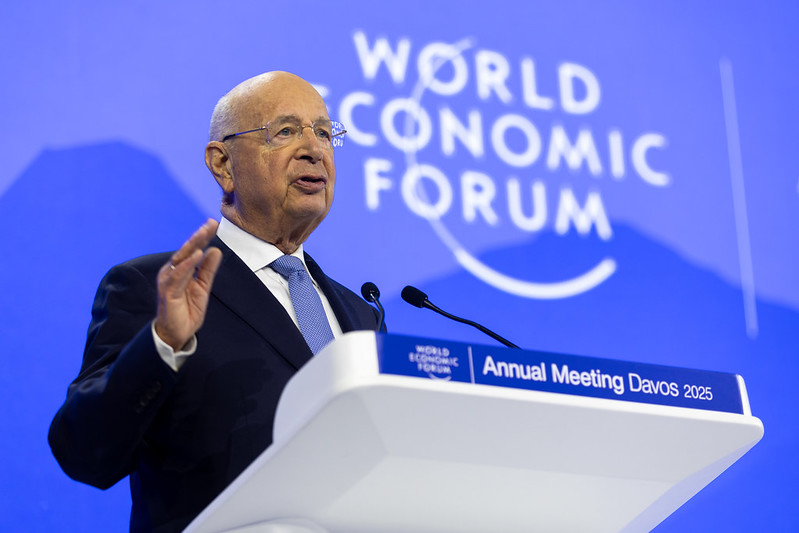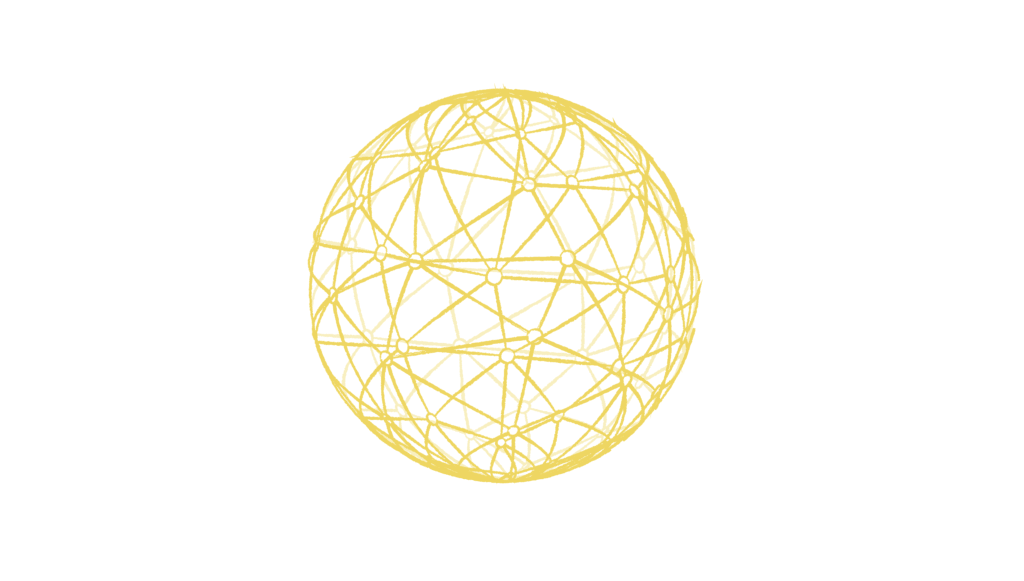Your quick guide to the most interesting news snippets about social enterprise, impact investment and mission-driven business around the world from the Pioneers Post team. This week: WEF’s Klaus and Hilde Schwab face whistleblower allegations; Triodos breaks from Net Zero Banking Alliance; OpenAI aims to expand its philanthropic reach and impact – and more.
Global: The World Economic Forum launched an investigation into its founder Klaus Schwab this week, following a whistleblower letter. This came a day after 87-year-old Schwab (pictured) announced he was resigning immediately as WEF chair. The Wall Street Journal reported that the anonymous whistleblower alleged financial and ethical misconduct by Schwab and his wife Hilde Schwab. In a statement, the WEF said that the allegations remained unproven and would not comment further until the investigation concluded. The Schwabs founded the Schwab Foundation for Social Entrepreneurship in 1998, which launched the Global Alliance for Social Entrepreneurship in 2020.
South Africa: The social economy is South Africa’s largest employer and contributes nearly 5% to GDP, according to research previewed ahead of its launch next month. Reana Rossouw, owner of Next Generation Consultants shared the insights in a LinkedIn post, pointing out that outdated and scattered data sources made determining the sector’s precise size a challenge.
Global: Impact investors are prioritising climate initiatives, but democracy and sanitation are less favoured, according to Cruising Altitude, the 2025 report from Toniic’s T100 Project, a study of more than 100 portfolios since 2016. Sustainable development goals 13 (climate action) and 7 (affordable and clean energy) had the most funds allocated, showing a shift from SDG 11 (sustainable cities and communities). The research also found that investors needed to accept illiquidity for greater impact, and that many were willing to make this tradeoff. This year’s report covers 107 portfolios representing US$3.5bn.
Global: Social innovation is defined as “pursuing novel approaches to tackle challenges facing people and planet”, according to the Government Council for Social Innovation, a coalition of governments aiming to advance social innovation globally. The definition was agreed at the council’s inaugural summit in Luxembourg earlier this month.
Europe: Triodos Bank left the Net Zero Banking Alliance last week, due to a vote by members to lower the alliance’s climate ambitions. In a statement, the sustainable bank said the alliance’s new guidelines “fall short of the needed urgency to align loans and investments portfolios with the 1.5 degrees celsius global warming scenario”. The Net Zero Banking Alliance numbers more than 120 banks from around the world.
USA: A civil rights activist and a former chair of Bono’s One Campaign are among the four advisors appointed to OpenAI’s new Nonprofit Commission which has been created to inform the global AI company’s nonprofit arm, with the aim of expanding its reach and impact. The members are Dolores Huerta, Monica Lozano, Dr Robert K Ross, and Jack Oliver, and they have 90 days to submit their insights to the OpenAI board. This comes as OpenAI, the maker of ChatGPT, aims to restructure from being mainly nonprofit to being more fully for-profit through becoming a public benefit corporation.
Our paying members get unrestricted access to all our content, while helping to sustain our journalism. Plus, we’re an independently owned social enterprise, so joining our mission means you’re investing in the social economy.
Please consider becoming a member.
Eighteen ‘Social Entrepreneurs and Innovators of the Year’ from across the world recognised for “extraordinary achievements” by Hilde Schwab.
INVESTOR IN FOCUS: Africa’s award-winning catalytic investor SAB Foundation has an impressive record in sustaining early-stage impact businesses, viewed as too risky by many. The secret lies in how it supports entrepreneurs.
INTERVIEW: Founded in 1990s eastern Europe, NESsT is still helping high-impact organisations to grow, and not rely on grants. We hear how it makes extra efforts to track its own impact – and how a new fund is tackling LGBTQIA+ discrimination.
The Impact World This Week: 24 April 2025 – Pioneers Post
